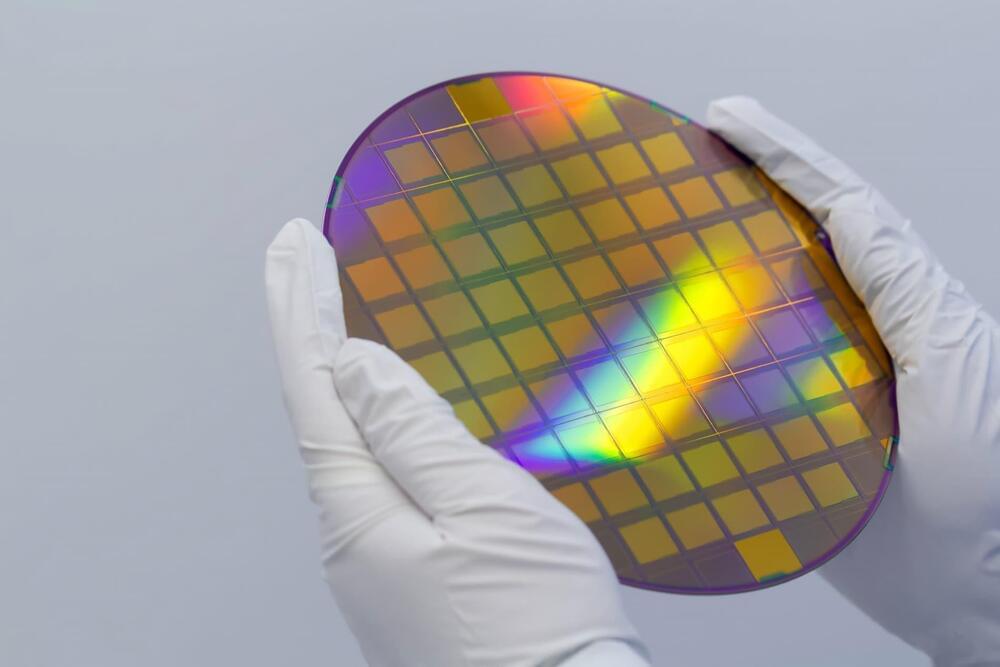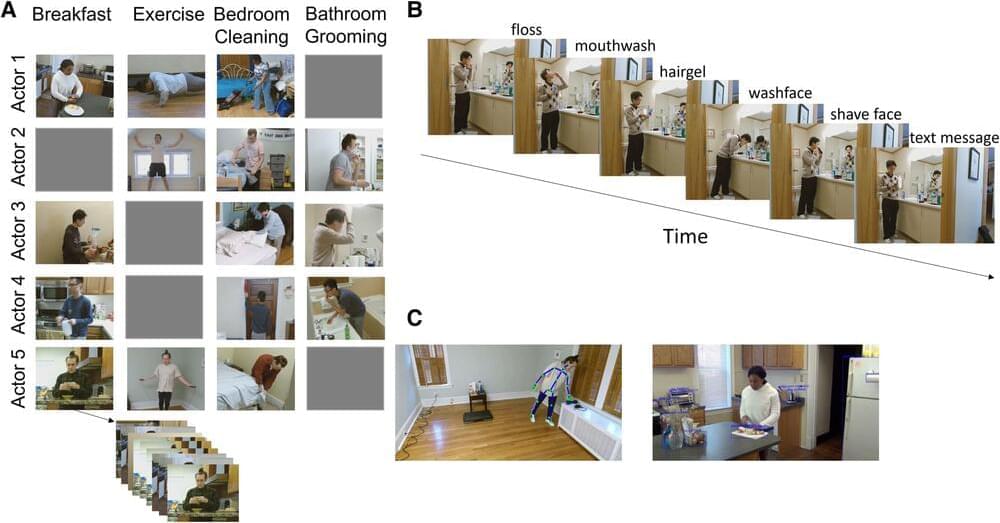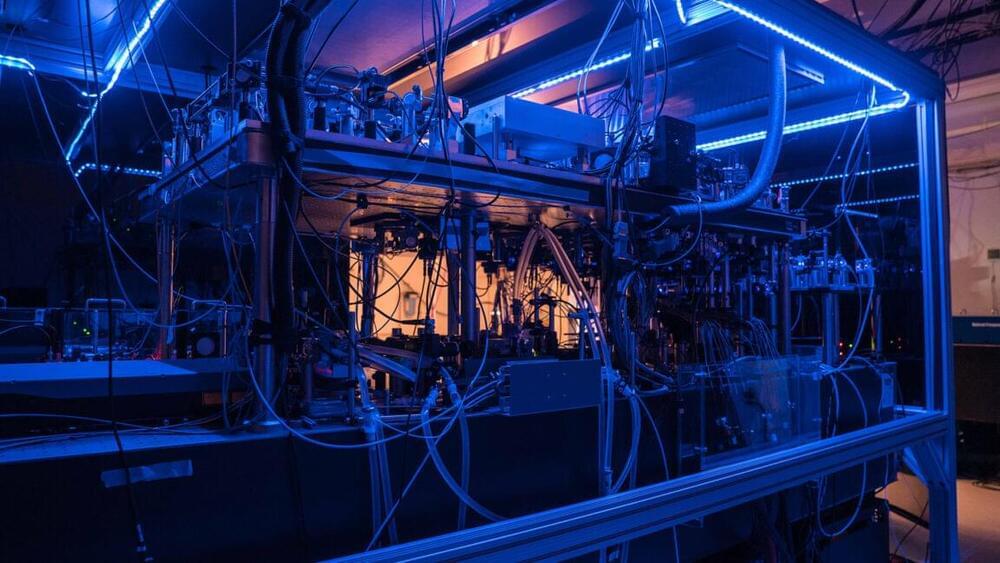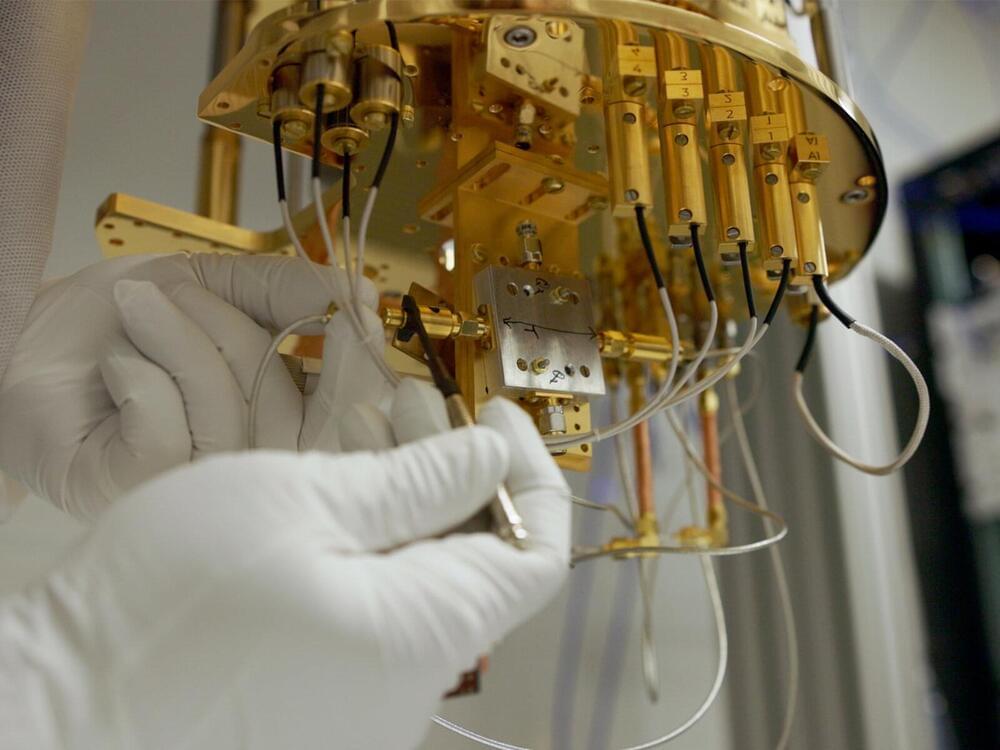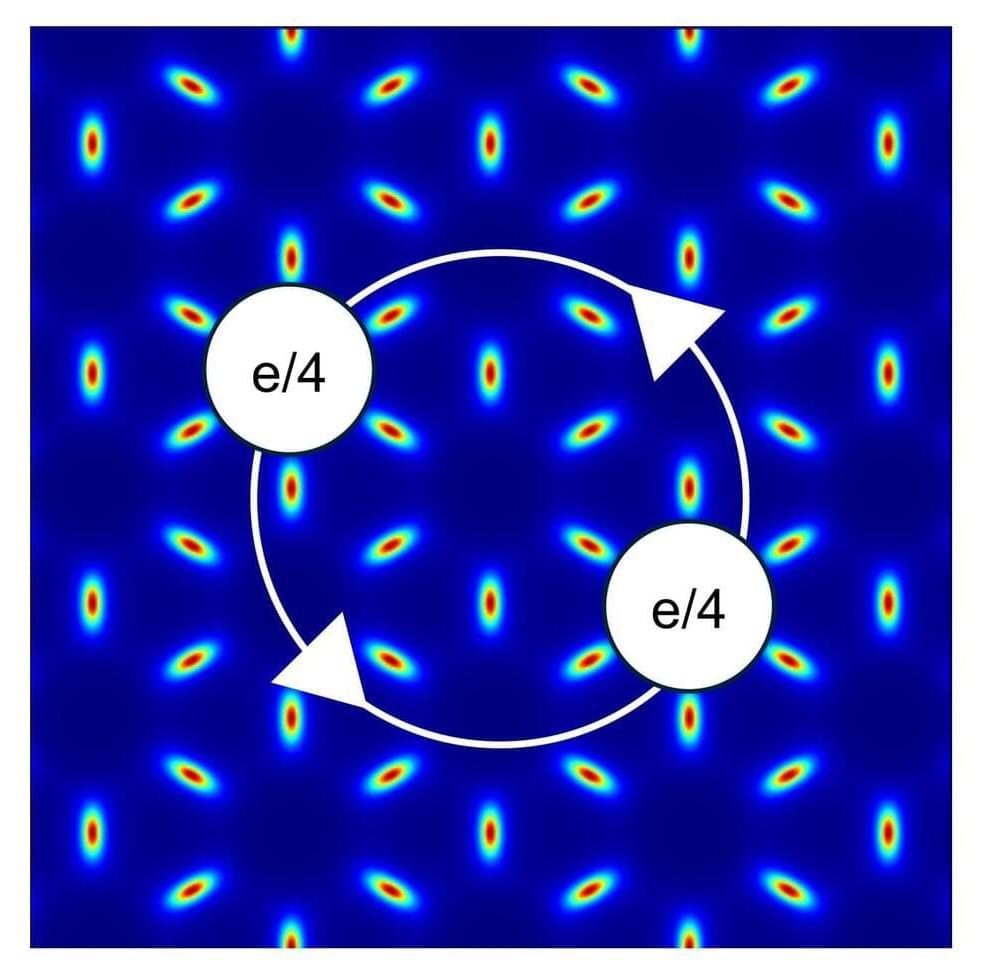Nov 20, 2024
Neuralink transplant patient can control computer mouse ‘by just thinking,’ Elon Musk says
Posted by Quinn Sena in categories: biotech/medical, computing, Elon Musk, neuroscience
The recipient of the world’s first Neuralink brain-chip transplant is able to control a computer mouse by thinking, the tech startup’s founder Elon Musk announced this week.
“Progress is good, and the patient seems to have made a full recovery, with no ill effects that we are aware of,” Reuters reported that Musk said in an X Spaces event on Monday. “Patient is able to move a mouse around the screen by just thinking.”
Musk added that Neuralink was trying to get the patient to click the mouse as much as possible, Reuters reported.



